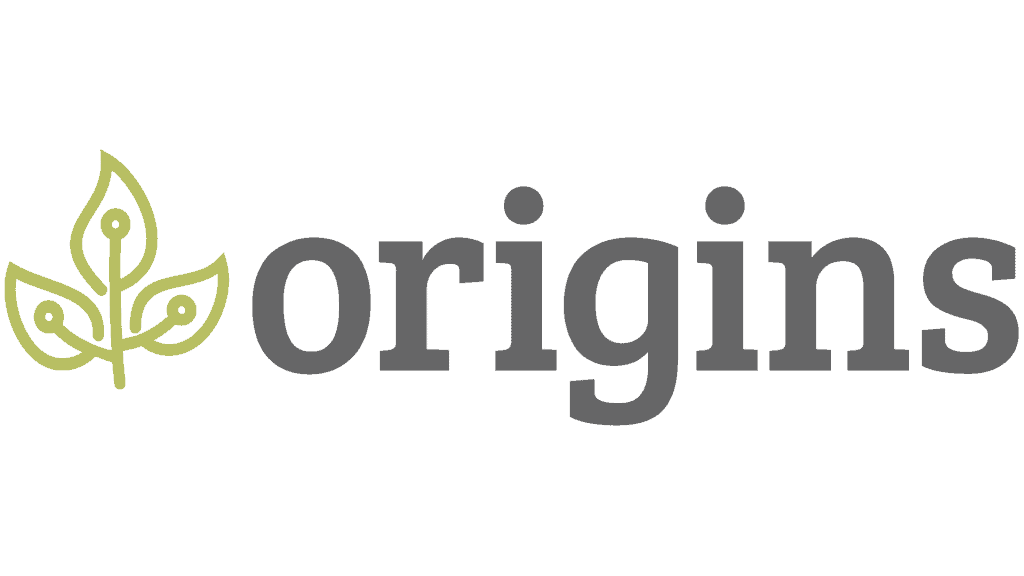
DNA testing can help find birth parents despite sealed birth records and there are thousands of success stories. Today, the cost of testing has dropped dramatically. For less than $100 each, you can do the two most critical tests with the largest databases: AncestryDNA and 23andMe.
Once you get your results from either test, you can download your raw data and upload it for free into three additional databases: Family Finder, MyHeritage, and GEDmatch. Since you can’t know where your relatives might have tested, getting your DNA data into all the key databases is a critical first step.
Your Genetic Matches are the Key
Each testing company will give you a list of people who share significant amounts of DNA with you. Those who share the most will be at the top of the list.
If you are lucky, you will see a parent, sibling, or other close relative. Reach out to that person through the site’s contact system. If he or she is both knowledgeable and helpful, your search to find birth parents may be over.
Even if you only see distant cousin matches, a successful search is still possible.
A Proven Process to Follow
Your distant cousins must share common ancestors with you. For example, a third cousin will share a pair of great-great grandparents. But you can’t tell which pair. You need to work backwards in time to identify all 16 of your match’s great-great grandparents. Then work forward in time to identify their descendants. Your goal is to find someone who lived in the time period and place of your birth. This sounds like a lot of work and it is.
Most adoptees will have many of these distant cousin matches and there are techniques such as clustering that can help you identify common ancestors more efficiently. But you still need to do a lot of genealogical research with birth and marriage records, census records, and old newspaper obituaries. There are two ways to approach this task.
Option 1: Find Birth Parents Yourself by Learning to Be a Genetic Genealogist
Each testing company presents your DNA results differently and provides a different mix of tools for working with your matches. Plus, there are several useful third-party tools to learn and apply. Knowing how to use a computer spreadsheet is pretty much a required skill to handle all the data you need to record and manipulate.
Anyone choosing this Do-It-Yourself option to find birth parents should buy, read, and study The Family Tree Guide to DNA Testing and Genetic Genealogy. Another great educational resource is a Legacy Family Tree webinar membership. That will let you access many hours of training in both genealogy and DNA subjects.
You will also need to subscribe to at least one genealogical records service and an online archive of historical newspapers. As you work your way down to living people (who won’t be in genealogical records), you will likely need to access paid people finder sites.
Again, luck plays a factor. But realistically you are looking at many months of diligent research.
Option 2: Outsource Your Search to Experienced Professionals
Most of us have hired an electrician, plumber, or contractor to do a project that we could theoretically have attempted ourselves. Professionals have skills, tools, and experience that we lack. And we have more productive things to do with our personal time.
You may decide to obtain answers more quickly and easily by hiring an expert. There are thousands of professional genealogists willing to research your family tree. Only a fraction of these have experience using DNA testing to find birth parents. Far fewer are truly skilled at identifying birth parents without close DNA matches.
If you partner with the right people, however, you can cut weeks off the typical timeframe.
Why Speed is Much More Important in a Birth Parent Search
For most genealogy projects there’s no need to rush. You’re only researching dead people. And their records will still be there next year and the year after that.
In a birth parent search, we are trying to identify people whom we hope are still alive. I hear many stories of people identifying a birth parent just weeks or months after the parent has died.
And it’s not just the parents who are passing. The people who knew them and knew about a child given up for adoption are also getting older.
When comparing a Do-It-Yourself search that could drag on for months with a faster professional search, be sure to weigh the added value of speed.
A New Guarantee of Success is a Game Changer
No matter who does the research, it’s hard to find birth parents. Hourly charges can add up quickly. As a result, I have previously only recommended outsourcing to people who could afford to take a chance.
Fortunately, I have now found a company that offers a fixed price and a money-back guarantee if they don’t find your birth parent within 90 days. This provides adoptees with a fantastic new option that I am comfortable recommending to anyone.

Origins International is the company. Founded by an adoptee and a mother of nine children with many years of research experience, they care about families and helping individuals find answers.
When I heard about their unique guarantee, I contacted them and interviewed the principals and their head researcher. They tailor packages to individual needs and goals. Their prices were lower than I expected, their success rate is amazing, and they can even make the delicate contacts for you.
They showed me several case reports that were the most thorough I have ever seen. They don’t just tell you that “X” is your birth parent. They show their work in detail and share the family tree they built connecting you to your DNA matches and delightful family photos and stories they found along the way.
Follow this link to Origins where you can view the founder’s story and request a FREE Case Review. Their website has success stories and sample reports you can view. You can also call them directly at 801-500-0900.
